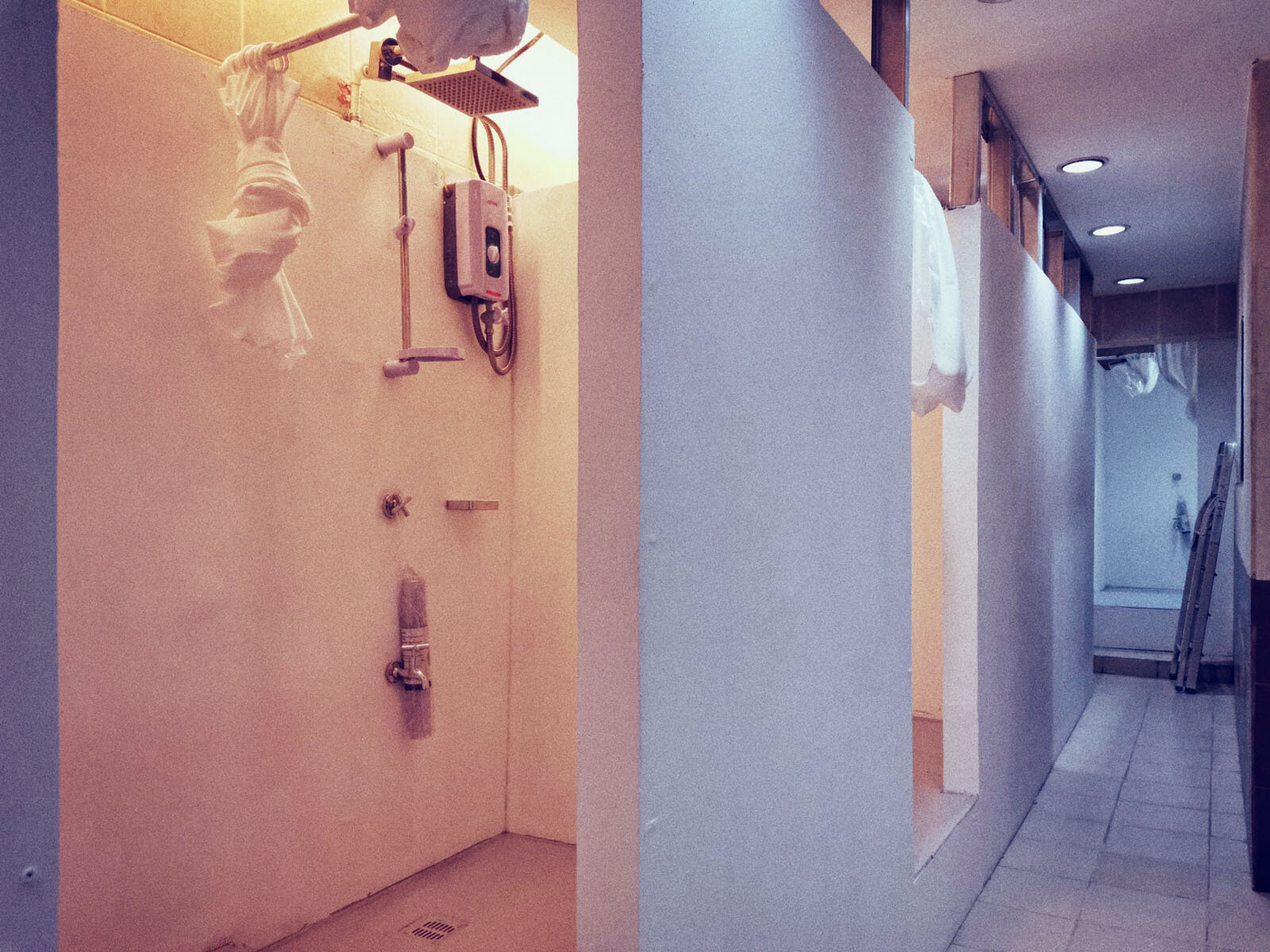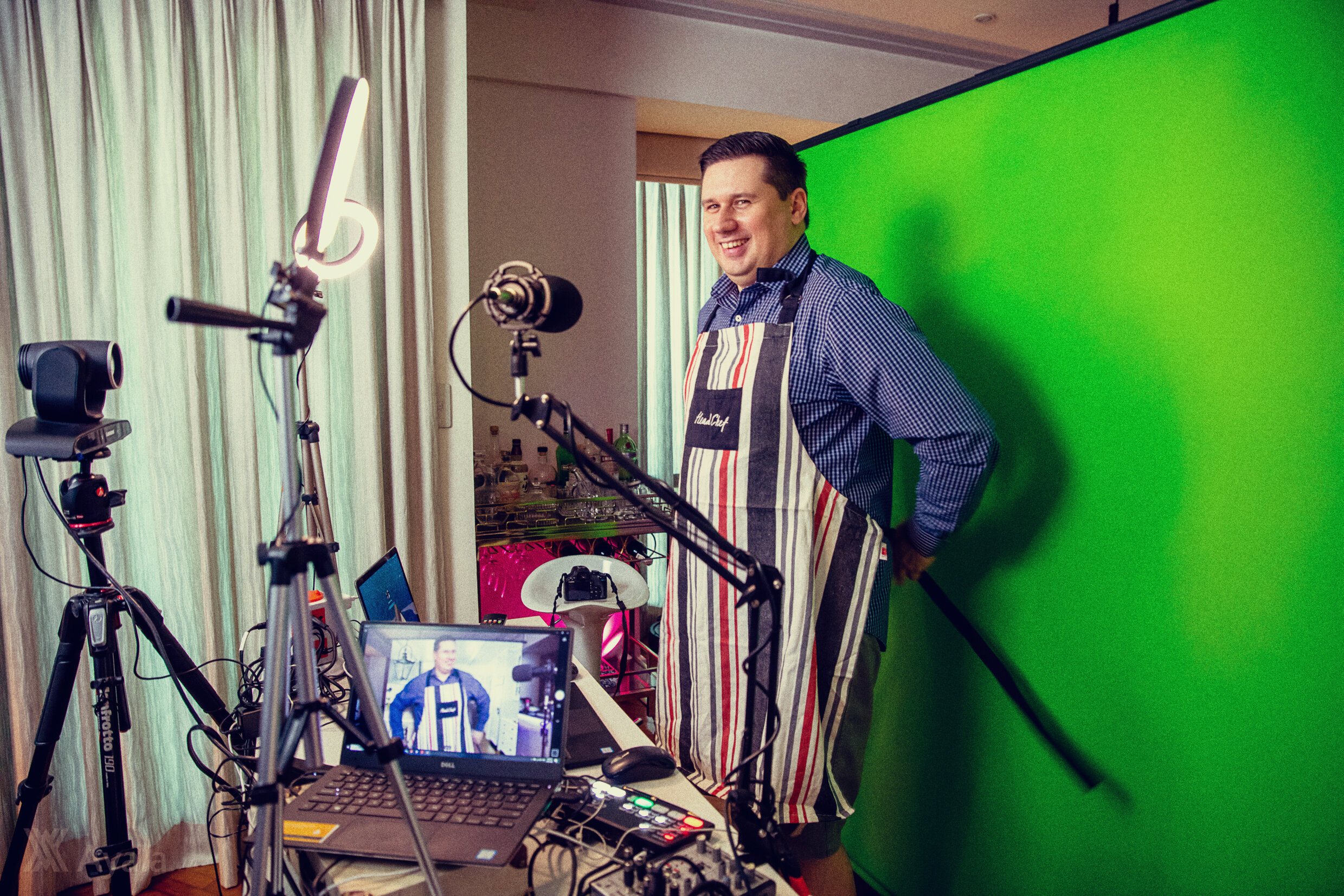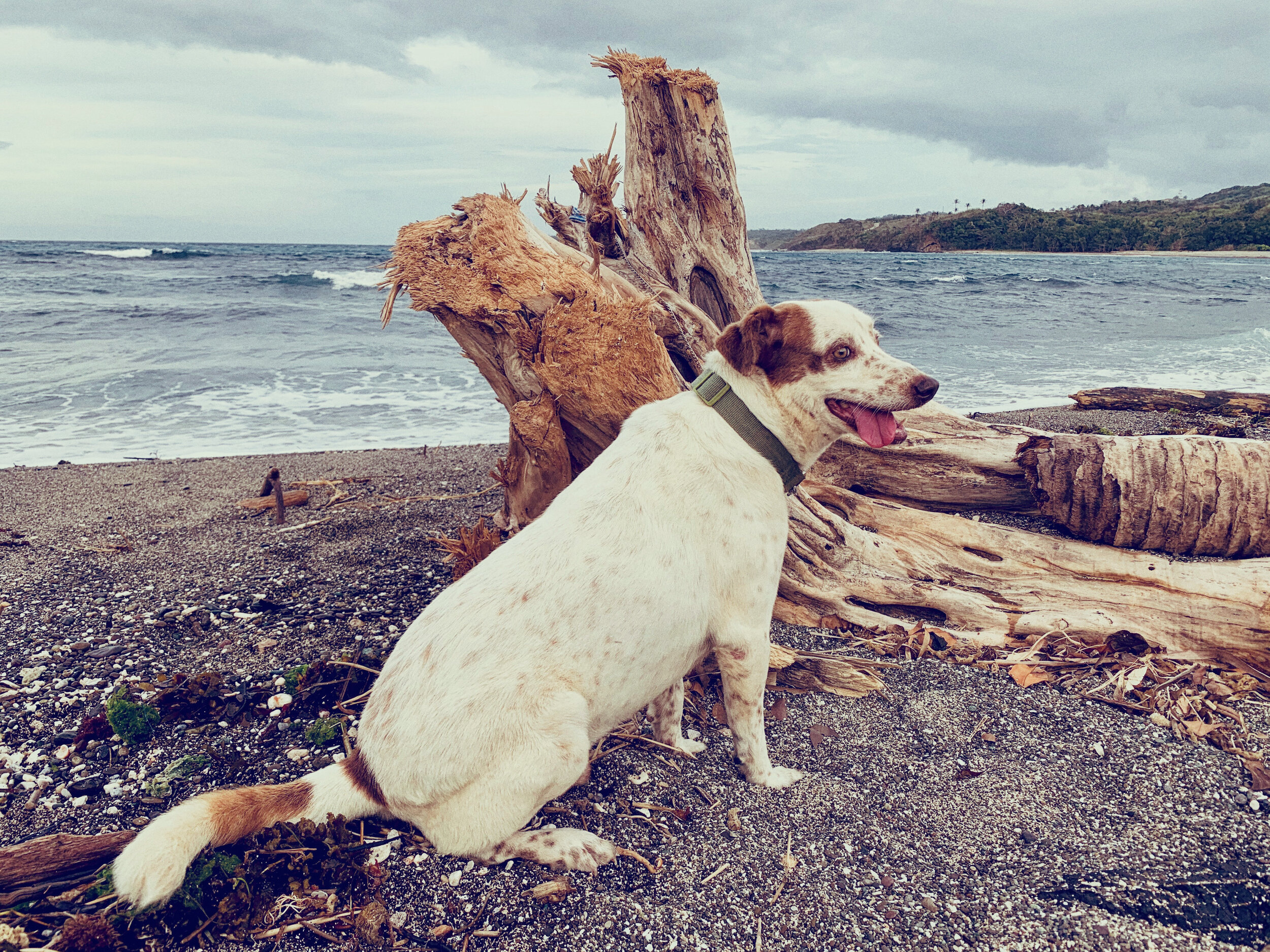Doctor On Call
Through online consultations, Dr. Cai Salcedo and other doctors of KonsultaMD enable Filipinos to get medical advice anytime, anywhere
Words by RHYS BUCCAT
Dr. Cairo Salcedo, or Doc Cai, starts her day with a cup of coffee and a warm bath.She knows it will be another busy day and she wants to look her best. So she freshens up with makeup and wears a well-ironed white coat. She’s all set to see her first patient, but stops to pick up a critical consultation tool.
Her stethoscope, perhaps? No—it’s earphones. Doc Cai is among the first physicians in the country to formally practice teleconsultation.
“Actually, in essence, teleconsultation is not new kasi you always do it with your friends and family members who call you when they’re sick,” she said. “But Ayala institutionalized it here in the Philippines.”
When teleconsultation first started in the country some five years ago, it was frowned upon by a lot of traditional doctors. Doc Cai herself, who has been practicing general medicine for 15 years, had her fair share of “bashing” from colleagues who did not believe in the efficacy of the method.
“The main objective of teleconsultation is to give first aid to people’s symptoms, especially in cases where the patients cannot go to the hospitals because they live far or, recently, because the hospitals are full.”
“Of course, nothing beats face-to-face consultation,” she emphasized. “So I understand their sentiments. The main objective of teleconsultation is to give first aid to people’s symptoms, especially in cases where the patients cannot go to the hospitals because they live far or, recently, because the hospitals are full.”
During the lockdown, most of the calls they received were from people who had symptoms of COVID-19, like coughing, developing sore throat, and other flu-like symptoms. Some patients developed stress-induced gastritis because of the anxieties brought by the lockdown.
Healthcare for all. Teleconsultation is one of Ayala’s technological innovations to make healthcare more affordable and accessible. Even before the pandemic, 68% of Filipinos said that they did not seek medical attention because of long waiting periods, high cost of medical bills, and limited availability of healthcare providers. The Philippines also has a shortage of doctors, with just one doctor per 33,000 Filipinos.
Addressing pain points
Veteran IT professional Raul Salva Cruz, who heads KonsultaMD’s operations, said telemedicine helps not only patients, but the doctors themselves. Many doctors who have pre-existing health conditions are able to continue to work and serve through the platform.
“If the doctors are afraid to go out, then that means there’s not enough doctors in the clinic and in the hospitals. So what’s the option now for the public right? Where do they go? That’s where we come in,” he said.
Digital innovation. Raul Salva Cruz makes sure the IT systems continue to run smoothly, even when calls spiked during the lockdown. In August, Ayala also released a HealthNow app, which allows users to schedule a video call with doctors. By October, the app will allow them to order medicines and book clinic and lab appointments. (Source: “Ayala group supports medical frontliners with new innovation.” August 2020.)
In fact, even the Department of Health has recognized the importance of teleconsultation, which is why they added KonsultaMD’s hotline to their COVID-19 infomercials.
For Raul, teleconsultation addresses three pain points in the healthcare system: time, access, and price. At P60 per month, subscribers can consult a doctor any time of the day. He said they are currently working closely with the DOH to set guidelines on how to further improve the service and make it available to more people.
“The volume of calls we receive has drastically increased. During the enhanced community quarantine, the volume grew four times,” Raul said. “We are now partnering with the DOH to make teleconsultation available to everyone who wants to consult a doctor.”
Initial troubleshooting
Raul likens teleconsultation to an “initial troubleshooting,” which according to Doc Cai is very important in the New Normal. Many people will still be afraid to go to the hospitals, and frontliners will remain focused on fighting the pandemic.
And although both Raul and Doc Cai acknowledge that nothing beats face-to-face consultation, they are investing heavily on making teleconsultation as effective and as personal as possible by constantly training the doctors.
Nationwide reach. The D Department of Health has added KonsultaMD’s hotline to their COVID-19 infomercials and social media announcements.
Doc Cai shared an unforgettable phone call she received from a couple who had all the symptoms of COVID-19. But the couple was afraid to approach their barangay in fear of discrimination, which has been a rampant concern since the onset of the pandemic.
“I had to educate them on the protocols,” said Doc Cai. “I told them not to mind the bashing, and prioritize their health because the husband has a pre-existing condition.”
The couple sounded really anxious, especially because they lived far away from the nearest hospital, and public transportation had been shut down. But after the online consultation, they were able to breathe, relax, and understand the next step.
This experience made Doc Cai realize that during teleconsultation, she is not just giving health advice, but reassurance during these uncertain times. “Sometimes, the fact that they’re just talking to a doctor is already therapeutic for them,” she said. “People need an expert to tell them to do this and do that. So, we really go the extra mile to help.” #
PUBLISHED SEPTEMBER 11, 2020


































